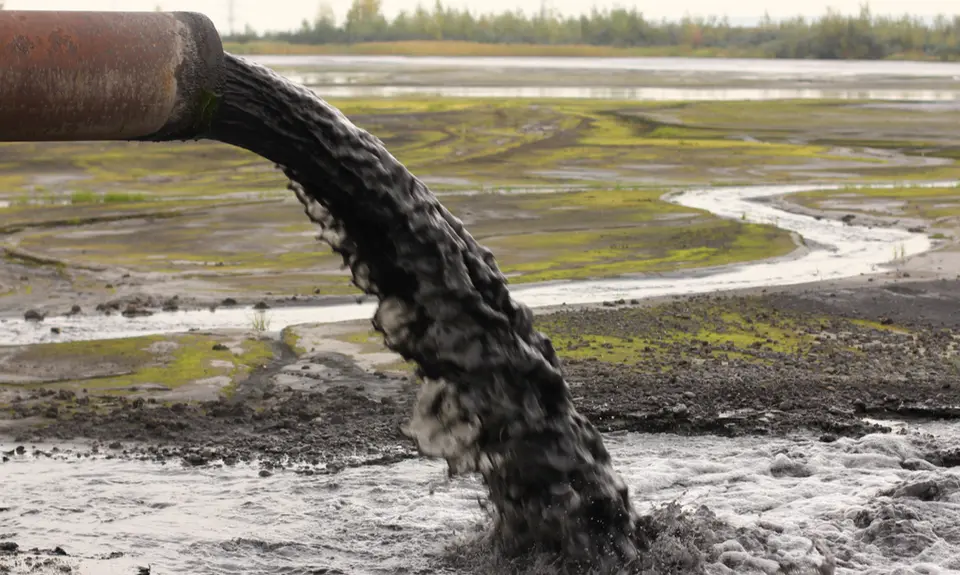Biden-nominated Judge Toby Heytens wrote a 2-1 decision that reversed a Trump district judge and authorized environmental groups to file suit under the Clean Water Act to challenge harmful pollution. Trump judge Marvin Quattlebaum dissented. The July 2022 decision was in Naturaland Trust v Dakota Finance LLC.
What led to the filing of the lawsuit?
Arabella Farms LLC wanted to create a working farm including an orchard, vineyard, and an event barn in South Carolina. Three rivers or other bodies of water bound the site. The LLC began to clear the site, which “dramatically altered” the mountainous landscape. The LLC claimed it need not take precautionary measures because of an agricultural exemption to the Clean Water Act (CWA). This allegedly resulted in “significant discharges of sediment-laden stormwater onto nearby property” and other damage.
After inspections, a state agency sent Arabella a notice of violation in September 2019, contending that the LLC had violated the law and must get a permit for its activities. It set up a private enforcement conference with the LLC. In November, several environmental groups including Naturaland Trust sent a notice to file a citizen suit against Arabella under the CWA. After the 60-day notice period, they filed suit in federal court in South Carolina. Trump District judge Joseph Dawson heard the case.
What happened after the filing of the lawsuit?
About a month after the filing of the suit, the state agency and Arabella reached a settlement of the dispute between them. Arabella agreed to pay a $6000 fine. It also agreed to apply for a permit and undertake other remedial action. Arabella claimed that this meant that the conservation groups’ suit should be dismissed.
Trump District judge Dawson agreed. He ruled that a state agency had begun and was “diligently” pursuing proceedings concerning the “same violations” as in the conservation groups’ suit. Dawson claimed that under a provision of the CWA, this “diligent prosecution” by the state precluded a private suit about the same misconduct. The conservation groups appealed to the Fourth Circuit.
What did the Fourth Circuit do on appeal and why is it important?
One of the three judges who heard the appeal, Trump judge Marvin Quattlebaum, agreed with the lower court. But two judges did not. In an opinion by Biden nominee Heytens, the court reversed the judgment and ruled that the environmental groups could proceed with their case against Arabella.
Judge Heytens explained that the state agency had not begun an “action” that can trigger the CWA “diligent prosecution” bar. Not only did it not constitute a lawsuit, but it also provided no public notice of what was happening or an opportunity for interested parties to seek to participate. There was no opportunity for “public participation and judicial review,” he went on, “until after” announcement of the agreement with Arabella. Without “notice and public participation protections,” the court concluded, the “diligent prosecution bar does not preclude” the environmental groups from pursuing their lawsuit.
The Fourth Circuit’s decision in this case provided important clarification concerning the scope of citizen lawsuits against pollution under the CWA. This included the issue of when state actions can limit such lawsuits. Without Judge Heytens’ opinion and deciding vote, the court could well have upheld the damaging ruling of the lower court limiting such important citizen suits.
The case provides a clear example of the importance of confirming fair-minded Biden nominees like Heytens to our federal courts.
